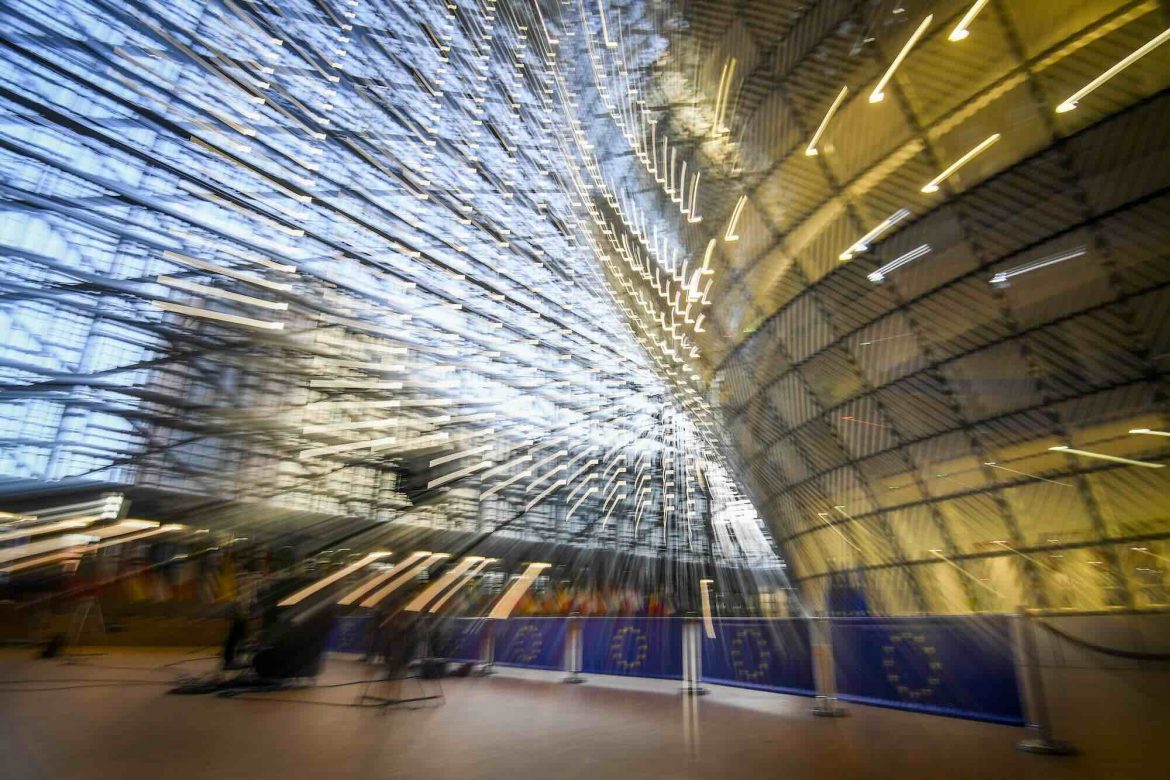The Council of the European Union has renewed for one year the sanctions regime aimed at individuals and entities held responsible for Russia’s destabilising activities abroad, extending measures until 9 October 2026.
The decision cites the persistence of hybrid operations, including Foreign Information Manipulation and Interference (FIMI), directed at the EU, its member states and partners.
Under the renewed listing, 47 individuals and 15 entities remain subject to restrictive measures. Those designated face an asset freeze; EU persons and companies are prohibited from making funds, financial assets or economic resources available to them. Listed natural persons are also subject to a travel ban, barring entry to or transit through EU territory.
The framework for these measures was established on 8 October 2024 to address Russia’s hybrid activities that, in the Council’s assessment, undermine the values, security, stability, independence and integrity of the EU and its member states. The regime also enables action against those responsible for hybrid activities targeting third countries and international organisations.
In May 2025 the scope of the framework was broadened. The amendment allows the EU to target tangible assets linked to destabilising activities and to list financial backers of such operations. It also created a legal basis for suspending broadcasting licences of Russian media outlets identified as participating in disinformation efforts. These changes expanded the toolkit available to address networks that combine financing, logistics and influence operations.
The decision to prolong the listings follows a statement issued on 18 July 2025 by the High Representative on behalf of the EU, which condemned what was described as persistent hybrid campaigns attributed to Russia. According to that statement, the EU has observed a pattern of malicious behaviour in recent years, including cyber-attacks, sabotage, disruption of critical infrastructure, physical attacks, information manipulation and interference, and other covert or coercive activities. The Council notes that such actions have escalated since the outset of Russia’s full-scale war against Ukraine and are likely to continue.
The renewed measures sit alongside broader EU sanction architectures addressing Russia’s aggression against Ukraine, including sectoral restrictions and listings under separate regimes. While decision is confined to the “destabilising activities abroad” framework, it forms part of a wider policy response that seeks to deter, disrupt and attribute hybrid operations affecting European security and public order. The Council maintains that coordinated sanctions remain a central element in constraining capabilities used for cyber, influence and interference activities.
Designation under the regime requires Council unanimity and publication in the Official Journal. Once listed, individuals and entities may seek judicial review before the General Court of the European Union. Listings are periodically reassessed and can be renewed, amended or, where appropriate, annulled. The Council indicates that evidentiary annexes support each listing decision and that the legal acts are subject to standard EU due process safeguards, including the right to be informed of the reasons and to submit observations. The consolidated legal basis for the framework is set out in Council Decision (CFSP) 2024/2643 and related implementing acts.
The expansion adopted in May 2025 reflects an emphasis on asset-based and enabler-focused measures, including the capacity to target vessels, aircraft, real estate and components of digital and communications infrastructure where these are judged linked to destabilising activity. In parallel, the ability to suspend broadcast licences provides an instrument to respond to state-directed disinformation operations when assessed to pose risks to public security and the information environment in the EU.
The Council states that the EU and its member states will continue to employ the full range of available tools to protect, prevent, deter and respond to malicious behaviour. These include attribution statements, diplomatic démarches, coordinated cyber response measures, and sanctions under this and other frameworks. This week’s rollover signals continuity in the EU’s approach to countering hybrid threats and FIMI while preserving flexibility to adjust listings and modalities as the operating environment evolves.
According to the Council, the regime will remain under review. Any further adaptations are expected to track assessed threat patterns, developments in Russia’s hybrid toolkit, and legal considerations arising from court challenges or evidentiary updates. For now, the extension to October 2026 keeps the current designations in place and retains the additional levers introduced last year to address financing and media-related vectors of interference.


